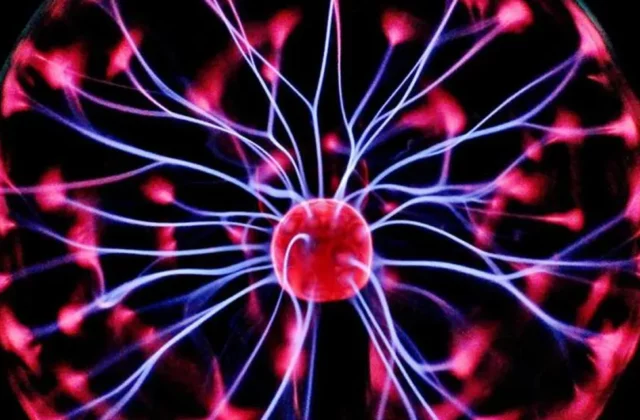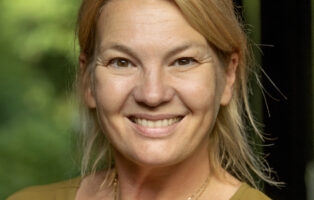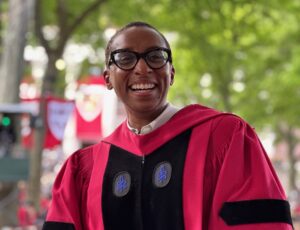Curiosity is an essential aspect of human cognition. It serves as a motivator for various behaviours in adult life, such as reading, learning, and exploration. A lack of curiosity can lead to ignorance, social exclusion, and polarization. Despite centuries of psychological interest, there is little consensus on a unified theory of curiosity and it remains poorly understood.
Distinguished NIAS-Lorentz Fellow Eveline Crone investigates the emergence of curiosity during adolescence, a critical period for stimulating curiosity. She seeks to answer key questions such as the factors facilitating its development, and its impact on biological, individual, social, and societal domains. The overarching goal of her NIAS-Lorentz project, which this talk concludes, is to propose a new theory on emerging curiosity.
Crone is, well, curious to hear and discuss the experiences and insights of both her colleagues in the panel and of the audience, and expressly invites all present to join the discussion following her talk.
About the speakers
Eveline Crone is full professor in Developmental Neuroscience in Society, leads the Society, Youth and Neuroscience Connected (SYNC) Lab, and was awarded the Distinguished NIAS-Lorentz Fellowship 2023/24. Her research examines the psychological and neural processes involved in self-regulation and social development. All of her work employs a developmental cognitive neuroscience approach to examine the relation between brain development and changes in psychological processes from birth to adulthood, with a special focus on adolescence. One of her special interests involves enrichment of cognitive and social experiences of children and adolescents using longitudinal, training, and intervention designs.
Bert Bakker is an Associate Professor at the Amsterdam School of Communication Research (University of Amsterdam). His work focuses upon contemporary issues social polarization and populism. In particular, he studies the psychological roots of citizens’ political beliefs with the most attention to the role of personality and emotions. My work has appeared in journals such as Nature Human Behaviour, Journal of Communication, the American Political Science Review and the Journal of Politics. Also, he serves as an Associate Editor at the Journal of Experimental Political Science and is the co-founder of the Hot Politics Lab, a lab-group in which we study the role of emotions and personality in politics.
Gijs Schumacher is an Associate Professor in Political Science at the University of Amsterdam. His research is about political parties, populism, personality and emotions. He also is co-director of the Hot Politics Lab, a lab specializing in the role of emotions, personality and strategy in politics. With four colleagues he is co-founder and regular contributor to the political science.
Merlijn Olnon (moderator) is manager Public Affairs at the Netherlands Institute for Advanced Study (NIAS) and the founding editor and publisher of the Dutch Review of Books.




